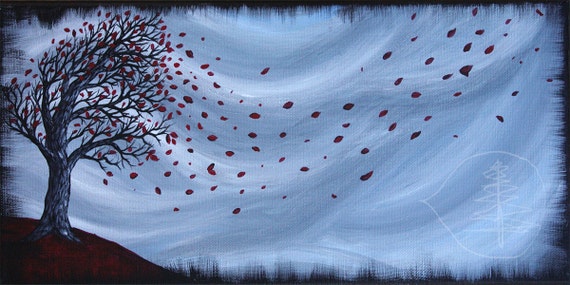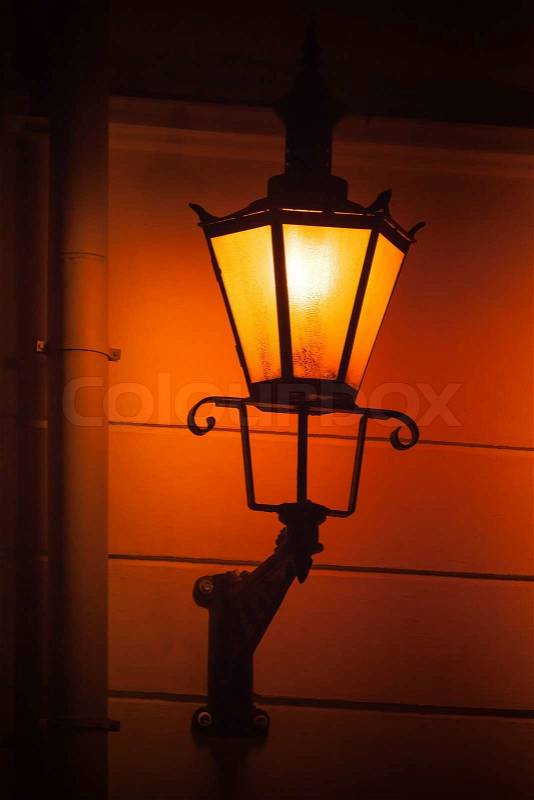Passing
through the troubled region of Anantnag, we stopped at multiple checkpoints.
Army men had then walked across to us, vengeance peeping from their penetrating
eyes, as Arshid rolled down the window and a small conversation sparked off in
Kashmiri. It was only when every vehicle was sniffed clear of any kind of
threat or suspicion, that the long, bamboo ahead was lifted to let the cars
pass.
We
continued on our way down the stone pelted roads. The silence of the trees filled
the valleys like a sadness woven deep into the heart of a betrayed man. Troops
of army stood guard by the streets behind makeshift bunkers. A sprawling net
thrown at the front, prevented any clear image to the onlookers. Armed guards
toiled the roof tops of all nearby buildings. Combat trucks were propped along
the roads. The camouflaged head of a soldier rose out through the deck, his
eyes narrowed in an unfaltering gaze behind the muzzle of AK47(s). Not even a
bird could have flapped its wing in flight that guarded morning, without
inviting a suspicious stare from any of the army men.
The
early morning breeze stirred the stench of cruelty back into the air. The call
for justice, the protest of the civilians for the wounded pride of a woman and
the grieving for the lost lives, all seem to wake with the light of day. The
curfew, the unforgiving military and the hurled stones rolling the place were
tears that fell from those two beautiful eyes that crowned India’s northern
head with honour and diligence - Jammu & Kashmir.
In
that dew scented light of the new day, there were two people who cried the most
– Kashmir shedding tears for all the blood bath in her heart and me - someone who loved Kashmir with everything he
ever had.
Pahalgam
welcomed us with its wide ocean blue sky and acres of apple orchards. Stout,
rough barked trees stretched its green arms above us, heavily laden with small
white flowers, in a round canopy of hope.
'One flower, one apple’
Arshid said lighting a cigarette perched between his lips.
I
reached out to pluck a flower seated between the closure of leaves and held it
on my palm. A blossom of hope plucked from the branches of time.
'When will there be
Apples?’ I asked Arshid.
'Around September’
he answered letting the ball of smoke float out of his mouth. ‘The whole of Pahalgam will look red. As if
some has painted the valley with colors.’
I
beamed at him imagining all the trees heavy with its fruits, making a mental
note to be back in Kashmir to see the orchards ablaze in red. When the flowers
of hope will be at its matured best. Ripe and ready to be savoured.
Following
the quick tea break on our way, we rode back into the car as Arshid took us
flashing past the colony of houses and the never fading green of tress throwing
their shade upon them, like a loving mother clinging to the infant against her
bosom. Locals ran their errands in their flowy overcoats. Sleeves hanging limp
by the sides, as they warmed their hands in the smothering heat of Kangri (fire
basket), held beneath the coat.
It
was close to midday when we reached our spot in Pahalgam. A serene clearing
between the hills. Lustrous meadows rolled away to the farthest point,
vanishing in the chest of mountains. Large pack of horses, white, black, grey
and brown, stood huddled by the stream. Their metalled hooved knocking against
the pebbles. Their velvety skin shinning under the sun.
We
were to go up the mountains on our individual ponies, to six distinct
locations. Soon the rates were negotiated with the owner of the ponies and the
horses, held by their reins, were brought to us. It was the first time that I
was to ride a horse. I threw my arm around Firdous’s shoulder, one of the three
guides who were to accompany us up the mountains and sticking my boot in the D
of the saddle, I sat up for the first time on the back of a horse. It was scary
to start with. His very shifting on the pebbled bed, felt like I would be
toppling over any moment. From anyone looking at me, those initial seconds of
sitting on the pony, the grammar of my body was all of a tight rope walker with
a huge cliff or an ocean beneath. No movement resembled anything close to that
of a rider. The very grunting sound and the dip of the animal’s head while it
sneezed, had me slipping from the saddle, until I found Firdous’s supporting
hand on my spine and felt immensely relived.
'Aaram se baitho…sahab.’
Firdous smiled. ‘Apko toh sabse tez wala
ghoda mila hai.’ He ended taking my hand to his cropped manes. The dense
bush of hair tickled through my fingers like a standing breeze.
'Patang…’
He called admiringly, my hand held by his, stroking his manes. The horse
responded by lifting its head and stamping its feet on the pebbles. It felt
better and for the first time, I relaxed back on the saddle. I stared back into
Firdous’s eyes and shared my smile of relief with him. It was amazing how
animals, like humans, reflected differently to touches. And often it is that
tender reassuring touch of love that we receive or share with someone, is what
it takes for a feared heart to feel home.
I
held the reins between my fingers and leaned back, as Patang leaped ahead into
the trot up the mountains, gradually gaining speed. I watched Firdous scamper
behind the line of ponies, often smacking their rears with a cane stick. Patang
really was the fastest of all. It drove himself between the other horses and
grunting, pulled himself to the front.
We
rode along the sun lit valleys into the streams and rocky hedges. Colourful
birds swayed from tree to tree. The wind was song. The rivers were orchestra
thundering down the rocks. And we, riding along the cliff, the lustrous meadows
enfolding around us like a dream, were the hypnotized, mesmerized audience.
At
one of the stops in our three hour long, Patang stopped at a stream as I heard
Firdous’s screaming voice behind me. He rushed with his cane and was about to
strike Patang on his hind legs. I could feel his skin tighten in terror.
‘Don’t’
I shouted.
‘He won’t work, if you
allow him to drink water...’
'Let him be. Please.’
I commanded out my agitation, as an exhausted Firdous, perched himself on a
massive boulder by the road. Sweat rolled down his furrowed forehead and was
struck gleaming by the arrows of sun.
A
silence started to fill the air around us. All the other horses came to a halt
behind Patang, as I let the reins fall from my fingers and he lowered his head
onto the stream of water tumbling through the rocks. Hearing Patang drink in
gulps, somehow released the knot of anger in my head. Living beings that we
are, our hearts are all even towards the feelings of pain and pleasure. And
thirst, the urge for water, the parched sensation within was a kind of pain
that turned into death, if not quenched.
As
we started again for our next spot, Patang going down the hill this time and
the wind rippling through his manes, I did not pick up the reins. I could hear
Firdous behind me, ‘Sahaab…lagam…’,
but I did not care. By then a part of me had come to believe that Patang won’t
throw me off. I instead stooped down and wrapped my hand around his long,
bouncy neck.
It
was a simple act of adoration. My wrapping of arms. The kind of love that can
be transmitted from one living being to another, without sound or words,
through the divine channel of feeling that can exist only between two beating
hearts. I let my love found its way to Patang’s heart on our way down the
slope, as he waded through pools of mud and boulders. And every precarious step
that Patang took thereafter, every rise and fall of the mountains, every turn
along the mouth of deep valleys, as I sat upon the saddle embracing him, was
perhaps his way of loving me back.
As
we rode into the evening, the sun throwing saffron shadows across our tired
faces, I knew it was nothing but love that somewhere we all were in dire need
of – I, you, Patang, this universe and the grieving heart of Kashmir.







